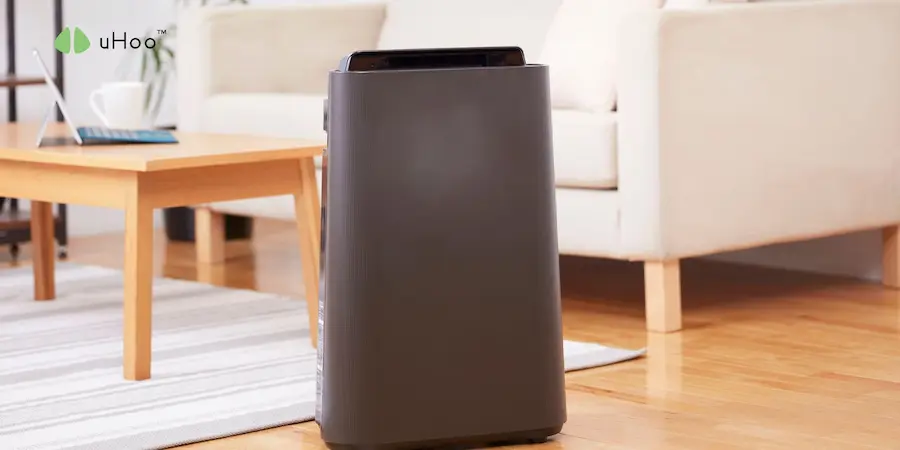Filters are like tiny gatekeepers in many of your household systems. They trap those unwanted particles, preventing them from circulating in the air you breathe. But here’s the thing: filters can’t do their job forever. Over time, they get clogged up, just like a vacuum bag fills with dust. When a filter is full, it becomes less effective, and sometimes it can even release the trapped gunk back into the air!
Think about the filters you might have in your home:
- Your HVAC (Heating, Ventilation, and Air Conditioning) system: This filter is a big one! It cleans the air that’s heated or cooled and circulated throughout your house. A dirty HVAC filter makes your system work harder, costing you more money and not cleaning the air as well.
- Your vacuum cleaner: The filter in your vacuum traps the dust and dirt you suck up, preventing it from just blowing back into the room.
- Your air purifier: If you have a dedicated air purifier, its filter is its main weapon against airborne pollutants.
- Your kitchen exhaust fan: This filter catches grease and other particles released when you’re cooking.
The Simple Solution: Check and Change Regularly
The good news is that keeping your filters working well is usually pretty easy. The key is to check them regularly and change them when they look dirty.
How often? It depends on the filter and how much you use the system. For HVAC filters, a good rule of thumb is to check them every month and change them every 1-3 months, especially during peak heating or cooling seasons.
Vacuum cleaner filters should be cleaned or replaced according to the manufacturer’s instructions. Air purifier filters also have recommended replacement schedules. Kitchen exhaust fan filters often need cleaning or replacing every 1-3 months, depending on how much you cook.
Changing your filters regularly has some great benefits:
- Cleaner Air: Fresh filters trap more dust and allergens, leading to healthier air for you and your family. This can be especially helpful for people with allergies or asthma.
- Energy Savings: When your HVAC system has a clean filter, it doesn’t have to work as hard, which can save you money on your energy bills.
- Longer Lifespan for Your Appliances: Clean filters help your vacuum, air purifier, and HVAC system run more efficiently and can help them last longer.
To really know the quality of the air you’re breathing, consider a uHoo air quality monitor. This smart device can detect the levels of tiny particles in your air, including dust and allergens. If your uHoo shows consistently high levels even after you think you’ve cleaned, it might be a sign that it’s time to check or change your filters! It’s a great way to have extra peace of mind that you’re breathing the cleanest air possible.



